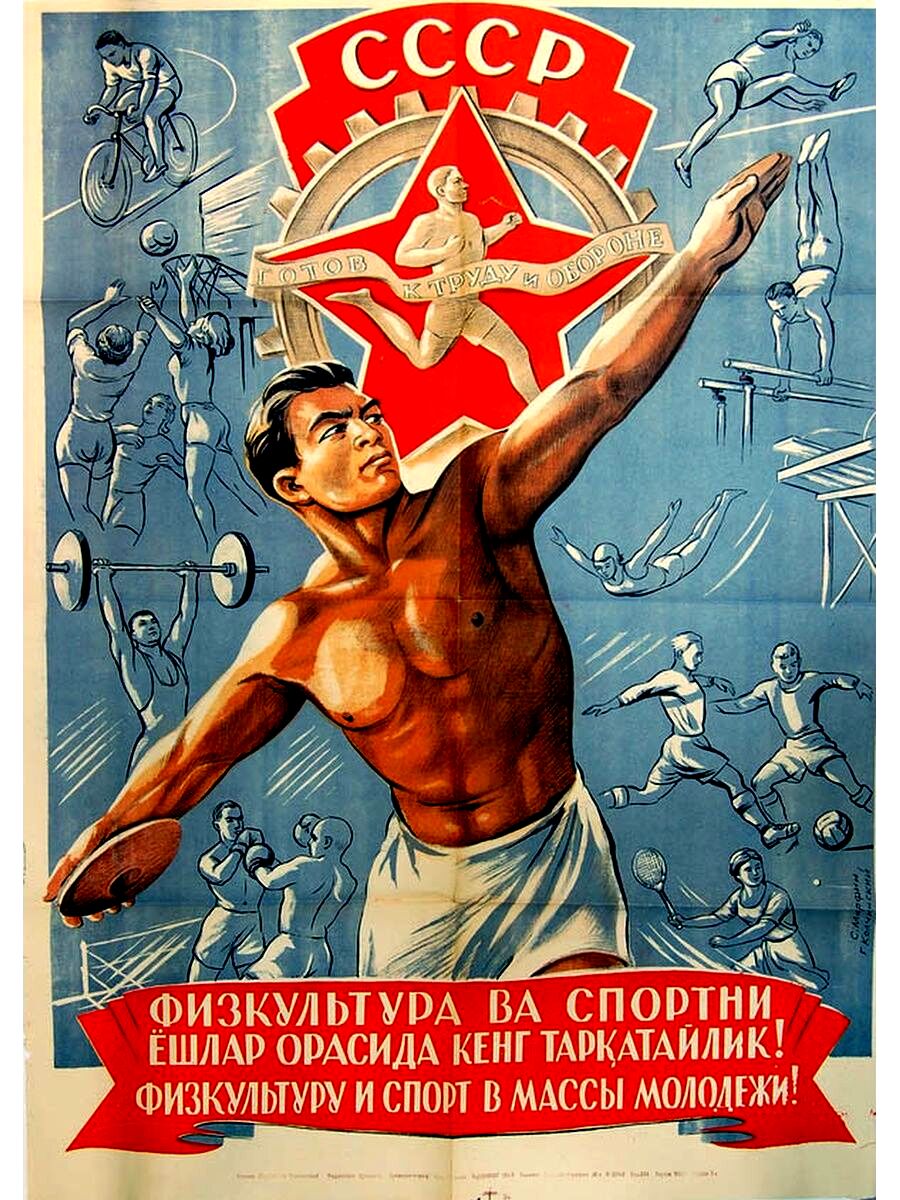- You never have a billionaire owner who destroys the team with meddling
- You never have a billionaire's failson in your personnel department or something
- The city never gets extorted into building a billion-dollar stadium for a billionaire owner
- The team never moves
- You never have an ownership group that prioritizes profit maximization over on-field competitiveness
Players having an ownership stake in their teams would obviously be good, too, although I wonder if players would prefer that to the revenue sharing agreements they have now.
Because you mention players, how fucked up is the NCAA system?
That seemed like the worst kind of deal a proffesional athlete can get, could you maybe even call it slavery with additional steps?The NCAA is fucked up for sure. I think comparisons to slavery are a huge stretch, though -- shitty, exploitative wage labor jobs are already terrible, and are a much better comparison.
And while it's fair to describe some college athletes as professionals, that label makes less sense when you look at all the sports that don't generate enough revenue to cover their expenses, which is a majority of them.
That might've been a bit of a stretch, true.
I just don't want them to make a profit and at least a modest compensation other than the hope for being drafted.
But you make a good point about smaller sports being supported by this system, although I don't think they'd have a problem funding them, next to paying FB/BB some form of fair compensation, if they wanted to.I don’t think they’d have a problem funding them, next to paying FB/BB some form of fair compensation, if they wanted to.
Absolutely -- there's plenty of money, it's all how we allocate it. To add more complexity, not all schools have the same revenue-generating sports, which makes any sort of blanket policy more difficult.
What's the difference between a job and a hobby?
Say I like to go swimming. I don't think anyone would say that's a job. What if I like to go swimming, and am good enough at it that people are willing to pay to see me do it? OK, now we're in job territory. But now what if I'm a college swimmer, and I'm good enough that some people will pay a little to see me, but all of that money is eaten up by the cost of the facility, my coaches, and my scholarship. The school loses money on the swim program. Is that still a job? If it is a job, is tuition/room/board effectively an in-kind living wage?
But say it's a job and I'm not getting paid. It's still not remotely comparable to chattel slavery -- my coach can't whip me, hamstring me, or even kill me if I don't do what I'm told.
If someone is making money then it’s probably a job.
OK, so is being on a college swim team a job if the university runs the swim program at a loss? I don't think it is.
But we’re not talking about wage labor, we’re talking about non-wage labor.
Even non-wage labor is far, far, far removed from chattel slavery. It's a shitty situation, don't get me wrong, but holy fuck your boss can't torture or kill you if you don't stack boxes fast enough. And you can just walk away, too! Any comparison is just absurd, and there's no need for a comparison because directly describing how horrible the bottom rungs of capitalism are is sufficient to make any point needed.
I think, if your scholarship is tied to you performing for the swim team, I would say it is a job.
Dude I’d kill for that. I’ve been a Manchester United fan all my life, and it’s disgusting what the glazers have turned that club into since taking over. On field results matter only insofar as we perform well enough for the sponsorships to keep rolling in. The problem is rampant throughout the sport but we do it better than most.
Thank god they didn't sell to the Saudis yet. I mean the Glazers are obviously inbred Central Park material, but imagine the Saudis owning this club.
IMO something like the German 50+1 rule would be very good for a start:
The 50+1 rule (German: 50+1-Regel) is an informal term used to refer to a clause in the regulations of the Deutsche Fußball-Liga. The clause states that, in order to obtain a license to compete in the Bundesliga, a club must hold a majority of its own voting rights. The rule is designed to ensure that the club's members retain overall control, by way of owning 50% of shares, +1 share, protecting clubs from the influence of external investors.
Except if you're Red Bull. Then the rules are basically optional.
I think, if my memory serves me right, it is a similar issue as with UEFAs FFP rules.
If someone with enough money comes around the corner and won't back down, they would most likely lose a case because of some EU economic competition bullshit.
You are correct it is not ideal, but that is why I said it might be a good place to start, see what they did and improve upon it.
On field results matter only insofar as we perform well enough for the sponsorships to keep rolling in.
Here's a good article on how this works in the NFL. The whole thing is pretty long but the "sacrifice competitiveness to maximize profits" part is at the beginning and fairly short.
Probably the most egregious league for this is the MLB. Every team is worth at least $1 billion, and you don't get that sort of valuation unless you have large, consistent revenues (unless you're a tech startup, but that's another story). Yet you still see tons of teams spending relative pennies long-term -- it's not even a tanking strategy, it's just being cheap.


